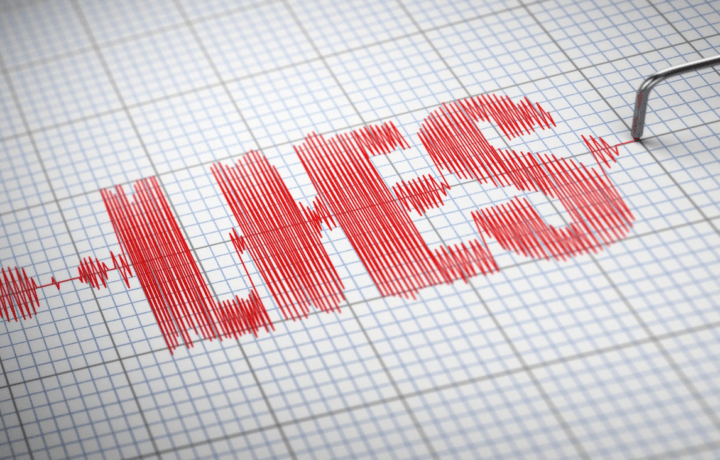If you struggle with anxiety, you’re familiar with the feelings that come along with certain situations. Whether your symptoms include a racing pulse, shaking hands, and sweating, or simply your mind going blank at the most inopportune time, symptoms of anxiety can be awfully similar to the symptoms of something much darker: lying.
While suffering from anxiety isn’t your fault, it can certainly make you think twice about applying for a position where you have to pass a polygraph. Will the person administering the test automatically think you’re lying if you start feeling anxious during your test? And, if so, how could you ever pass?
What a polygraph is (and isn’t)
A polygraph is a screening tool the government sometimes uses in addition to a background check, criminal history check, employment check, and other checks, depending on the security clearance level and job.
What it is not is an accurate lie detector. There is no pass/fail scoring for a polygraph, and if you do get a little sweaty during your interview, that doesn’t mean automatically disqualify you. Interviewers use the machine partially to get inside applicants’ heads, but also use feedback from the machine to detect areas where an individual may not have been accurate on their SF-86.
In fact, there are technically only two ways to fail the polygraph test: detected use of countermeasures or admitting adjudicatively significant information.
Don’t overshare
Prior to 2016, mental health questions on the application form meant applicants had to divulge everything from marriage counseling to a one-time mental health appointment. But now, the government has clarified the mental health question. They’re only interested in mental health issues that could affect your reliability or trustworthiness.
When it comes to mental health, the government doesn’t need to know everything. The full scope polygraph doesn’t ask questions about anxiety, so you don’t have to reveal that you suffer from it – although you shouldn’t be afraid to disclose it, either.
You can get ready for your polgyraph by trying to keep your day as normal as possible before the test. The examiner should begin by taking a baseline measurement of your pulse, respiration rate, and perspiration. Your reactions will be compared to your personal baseline measurements, not the baseline for the rest of the non-anxious population. This doesn’t always work, though.
What happens if your polygraph results are inconclusive?
Even if you’re perfectly honest during your polygraph, there’s still a chance you could end up with inconclusive results. Unfortunately, depression and anxiety can affect polygraph results. But if you do fail, you should know that polygraph results are inadmissible in court and you won’t lose your current clearance as a result.
Anxiety isn’t an automatic disqualifier from passing a polygraph. While it may affect your results, anxiety and depression shouldn’t keep you from pursuing positions that require passing a polygraph.



